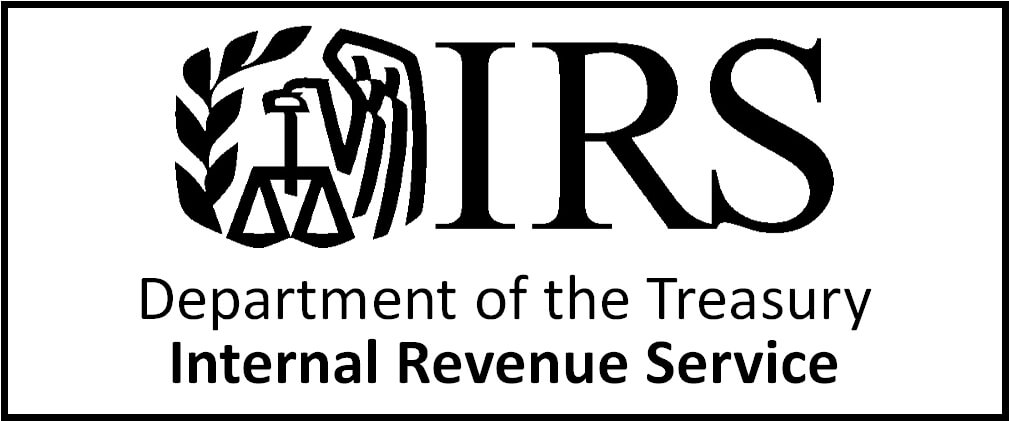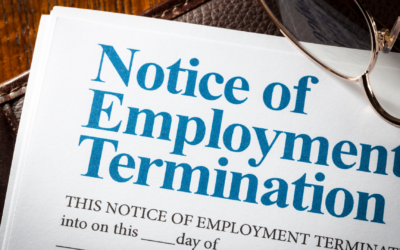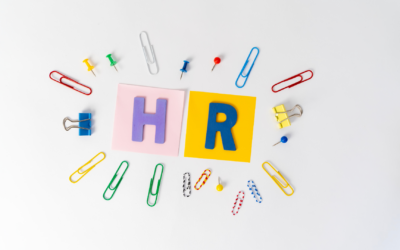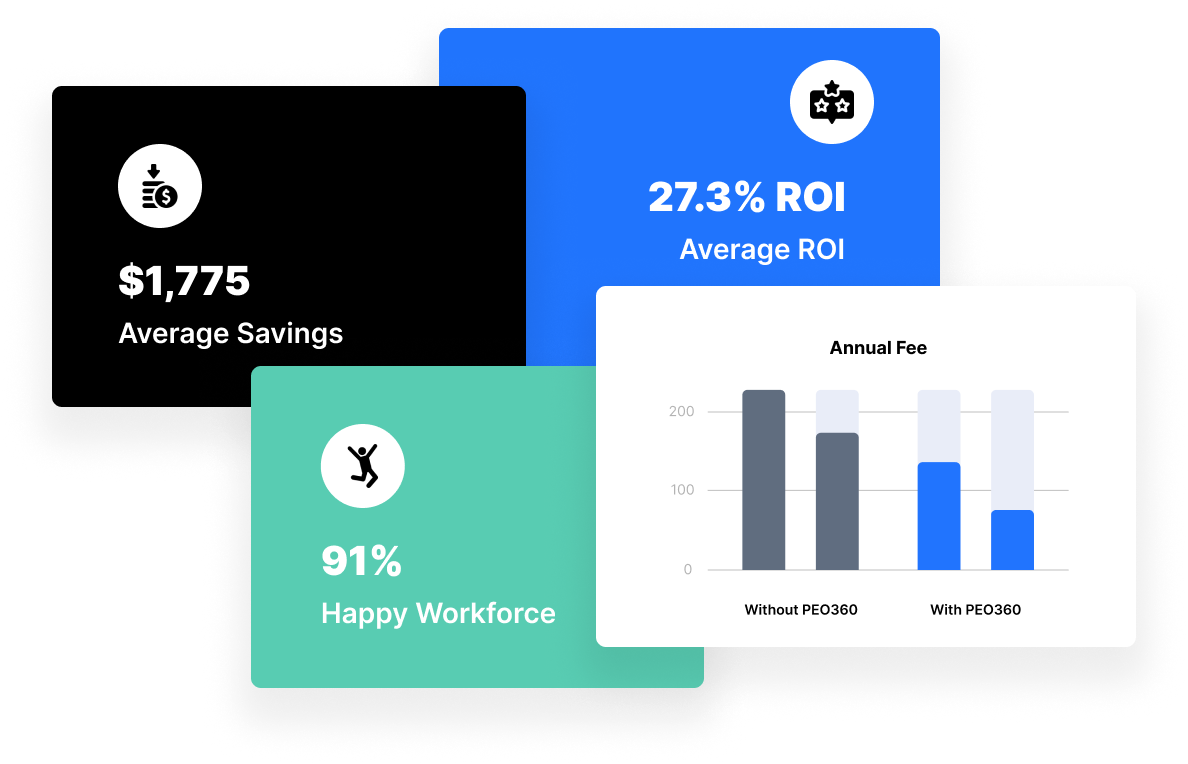A Certified Professional Employer Organization, or CPEO, is a company that provides HR services, including payroll, benefits administration, and compliance, to other businesses. To become a CPEO, a Professional Employer Organization, or PEO, must meet strict financial, operational, and compliance requirements set by the IRS. These requirements include having a positive net worth, meeting federal tax obligations, passing background and experience checks, and posting a bond to ensure they can meet their payroll tax obligations.
Once a PEO has been certified as a CPEO, they must continue to meet certain requirements to maintain their certification. These requirements include submitting annual financial statements audited by an independent CPA, providing quarterly payroll tax reports, maintaining a surety bond equal to 5% of their federal employment tax liabilities, and undergoing periodic reviews by the IRS. You can find the list of Certified Professional Employer Organizations here.
Failing to meet these requirements can result in the revocation of a CPEO’s certification. If a CPEO’s certification is revoked, they must stop using the CPEO designation, and their clients may lose certain tax benefits associated with working with a CPEO. You can find the list of revoked CPEOs here.
The IRS’s certification requirements for CPEOs help ensure that these organizations are financially stable and compliant with federal tax and labor laws. By working with a certified CPEO, businesses can enjoy added financial and legal protection, as well as access to HR and compliance expertise.
So why does it really matter?
Peace of Mind, Tax Liabilities, and Tax Credits
Tax Liabilities
A CPEO is not necessarily better than a Non-CPEO, but it is important to understand how the small business and the employees will be taxed during a mid-year transition. The SBEA, a federal law that went into effect in 2017, ensures that the CPEO gets to succeed to the wage base of the employees at a customer coming into the relationship. This means that there will no longer be a double payment of taxes. Although the term “successor employer” has other meanings, a CPEO is only the successor employer with regard to the wage base for payment of employment taxes. However, the majority of Non-CPEO PEOs still honor the tax restart and will make sure you and your employees are not double-taxed. If you are working with a Non-CPEO then you need to make sure that they will not restart your taxes because this can lead to thousands of additional taxes paid.
Tax Credits
As a small business, you might qualify for employer-related tax credits such as R&D, work opportunity credits, and many others. The PEO relationship does not impact these tax credits but the SBEA has very clear language that protects small businesses from theoretically losing their tax credit by partnering with a PEO.
Peace of mind
Once again, a CPEO is not necessarily better than a Non-CPEO, but you will have better peace of mind. The Certified Professional Employer Organization (CPEO) program was created by the Internal Revenue Service (IRS) to help protect small businesses and their employees. The CPEO program ensures that certified PEOs meet specific IRS requirements and adhere to certain financial, operational, and ethical standards. To obtain CPEO status, PEOs must undergo a rigorous application and review process that includes financial audits, background checks, and compliance with federal and state tax laws. CPEOs are more financially sound on paper than other PEOs but you still need to do your due diligence and make sure that they can provide the level of service that you require in your business. Do not make an assumption that a CPEO is automatically better than other PEOs, it simply means they went through an additional step to showcase their financial strength to the IRS.





